Running the picturesque Muse Vineyards situated in Virginia’s Shenandoah Valley could make for an idyllic life.
And, to be sure, Sally Smerz Grooms Cowal ’66 appreciates her “absolutely gorgeous” surroundings 100 miles west of Washington D.C. and the chance to “stay in one place and learn the joys of the seasonality of the place.”
But a traditional retirement? Not for her.
For one thing, Cowal misses “the interaction with people of very different backgrounds and cultures than my own …
“It's a huge change in my life because, for a variety of reasons, ever since I left DePauw 55 years ago, I have been what you’d call a global citizen – you know, someone who traveled extensively and spent most of her existence, both personal and professional, thinking about and living in other countries around the world and dealing with their problems.”
For another, she sees similarities in her life then and now.
“I’m the vice chairman now of Friends of the North Fork of the Shenandoah River, and we worry about conservation issues and education of young people in the valley about the value of their river and how we need to protect it,” she said. “And the Shenandoah River eventually flows into the Chesapeake Bay. So it is connected to the world. …
“I’m discovering that a lot of the problems are actually more similar than I knew. We have communities of disadvantaged people here. We have communities of poverty here. We have pockets of poor health here. We have high drug abuse here, a pretty high suicide rate. We’ve had a pretty severe COVID epidemic. So all these things that, for 50 years, I thought I had to go somewhere else – Africa, Latin America, Asia – to find, I find similar challenges and a similar ability to be involved.”
“If I’m in the bucket brigade, I’d rather be the one throwing the water on the fire, not the one filling up the buckets.”
As a DePauw history major, Cowal recognized that she had venture outside the expectations of women of her generation to find the challenges she sought. “I thought that my options were nursing or teaching,” she said. “I found those not broad enough to encompass what I was interested in. And also, let’s look at it more pragmatically: The pay of nurses and teachers was extremely poor.”
She spent a semester in Washington, where she learned she could pursue a more interesting career path and make more money working for the government. She spent much of her senior year preparing for the federal service exam and did well, winning a spot high on the list from which agencies would invite job candidates to interview.
She landed a job with the U.S. Information Agency, which promoted American values in other countries. While she was able to get her master’s degree from the George Washington University, Cowal was dissatisfied that she had been assigned to work stateside.
“If I’m in the bucket brigade, I’d rather be the one throwing the water on the fire, not the one filling up the buckets,” she said. So she took more exams that led to her assignment successively to India as a public affairs trainee; Colombia as head of a center where high school and university students were taught about America and American values; and Israel, as cultural attaché. The latter assignment provided “these enormously important and rewarding chances to participate in a world that was far beyond my wildest dreams growing up on the south side of Chicago.”
Cowal had been in Israel four years when Jeane Kirkpatrick, the U.S. ambassador to the United Nations, asked her to serve as political counselor. “That was my breakthrough to becoming a State Department person with higher aspirations, and certainly a broader pool of things that I might choose to do for the rest of my career,” Cowal said. “… I played that out, and I was able to do everything I wanted to do.”
That included serving as minister-counselor at the U.S. embassy in Mexico City and U.S. ambassador to Trinidad and Tobago under Presidents George H.W. Bush and Bill Clinton.
She retired in 1992 from the foreign service, figuring additional service “would be a little bit of a repeat of what I had been doing all along.” What’s more, “by time I reached my early 50s, the Soviet Union had ceased to exist, the Berlin Wall had fallen. It no longer seemed to me to be a debate or a fight or war between these two countries, or even these two systems, but rather, the problems to me seemed to be the problems that we face in common, and I would define those as poverty and poor health and underdevelopment and lack of education.
“And so the next 25 years or so of my life, I spent in the United Nations and in various nongovernmental organizations, … trying to see what I might do to make a contribution to alleviating those problems.”
That includes working on HIV/AIDS for the Joint United Nations Programme and for Population Services International and on international cancer-prevention programs at the American Cancer Society. With contributions down during the COVID-19 pandemic, the cancer society curbed its international work, and Cowal retired in August 2020.
Well, sort of. She and her husband, Robert Muse, planted their 50-acre vineyard 15 years ago and produce award-winning wines. Though he practices international law in D.C., Muse nurtures the vines and produces the wine. Cowal handles public and community relations and runs a tasting room, a restaurant and a guest house.
“Part of the reason my husband and I established this vineyard and business 15 years ago was from a sense that we didn't see ourselves sitting on a beach somewhere, doing very little,” she said. “We wanted to be active.”
DePauw Magazine
Fall 2021
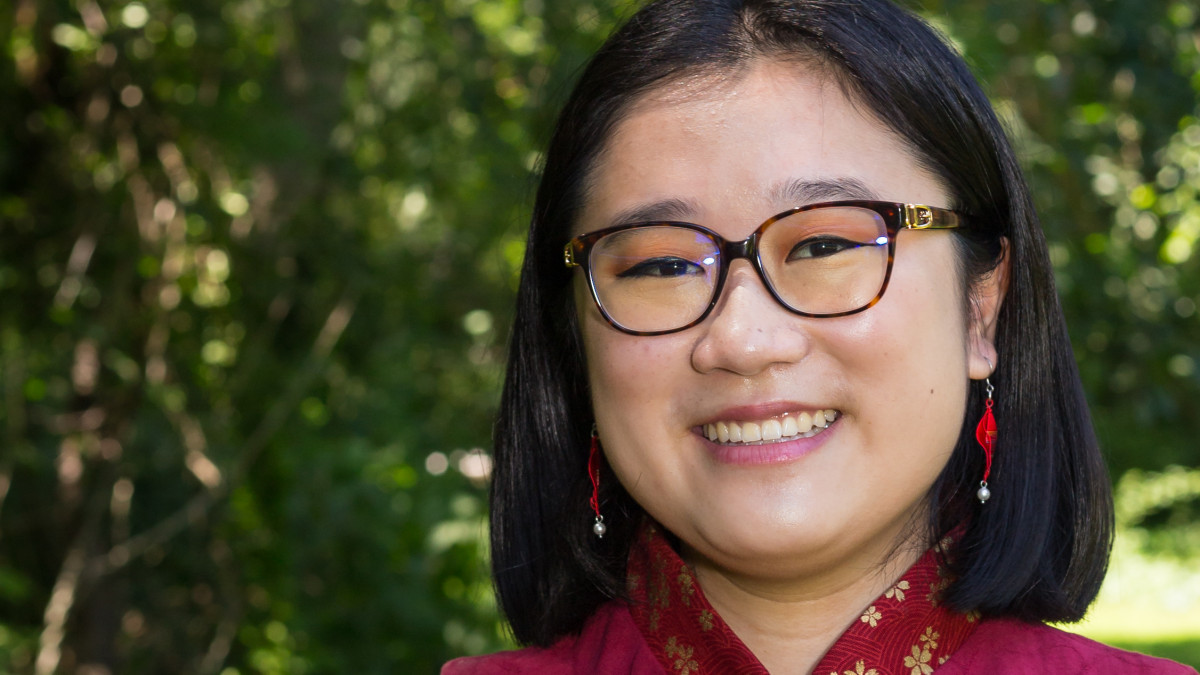 First Person by Emily Chen ’18
First Person by Emily Chen ’18 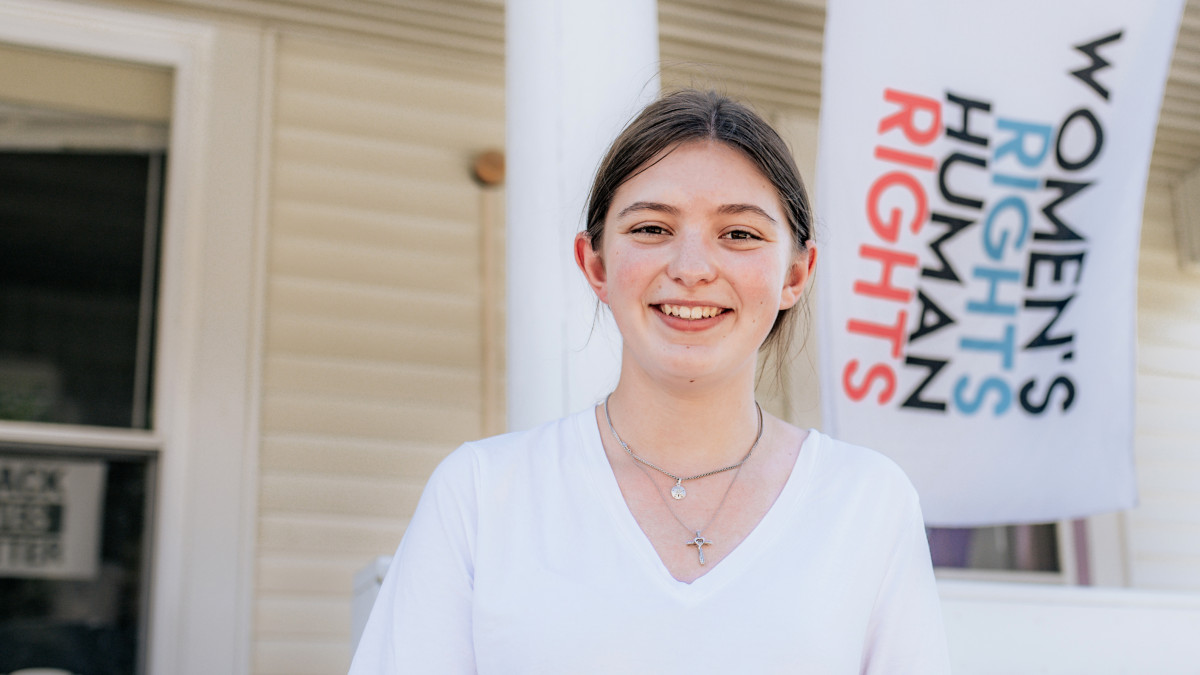 First-year known for follow-through exemplifies DePauw’s outstanding students
First-year known for follow-through exemplifies DePauw’s outstanding students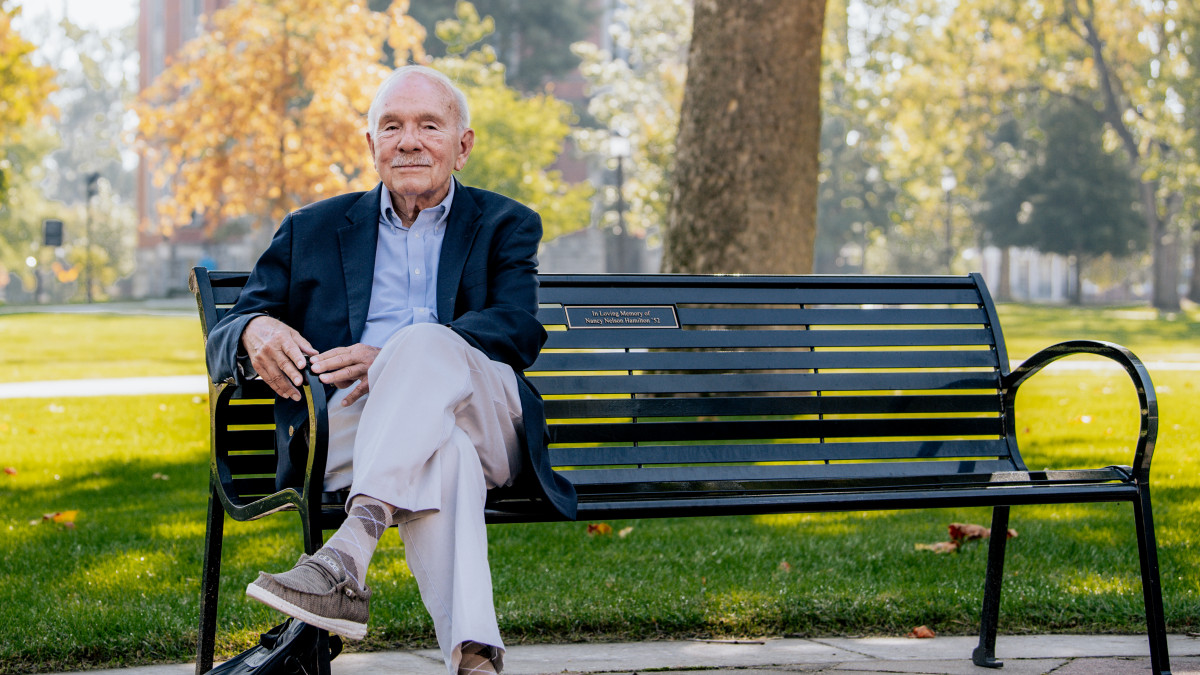 The Bo(u)lder Question by John Dittmer
The Bo(u)lder Question by John Dittmer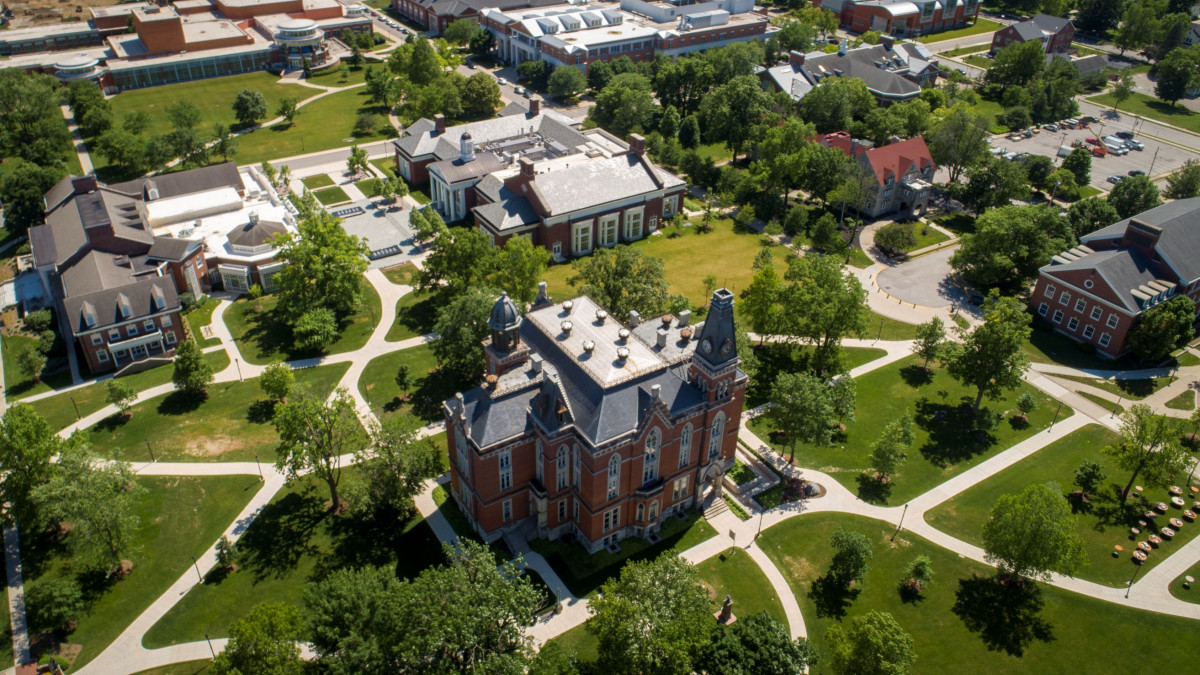 The new VPs: Seeking solutions for admission, alumni
The new VPs: Seeking solutions for admission, alumni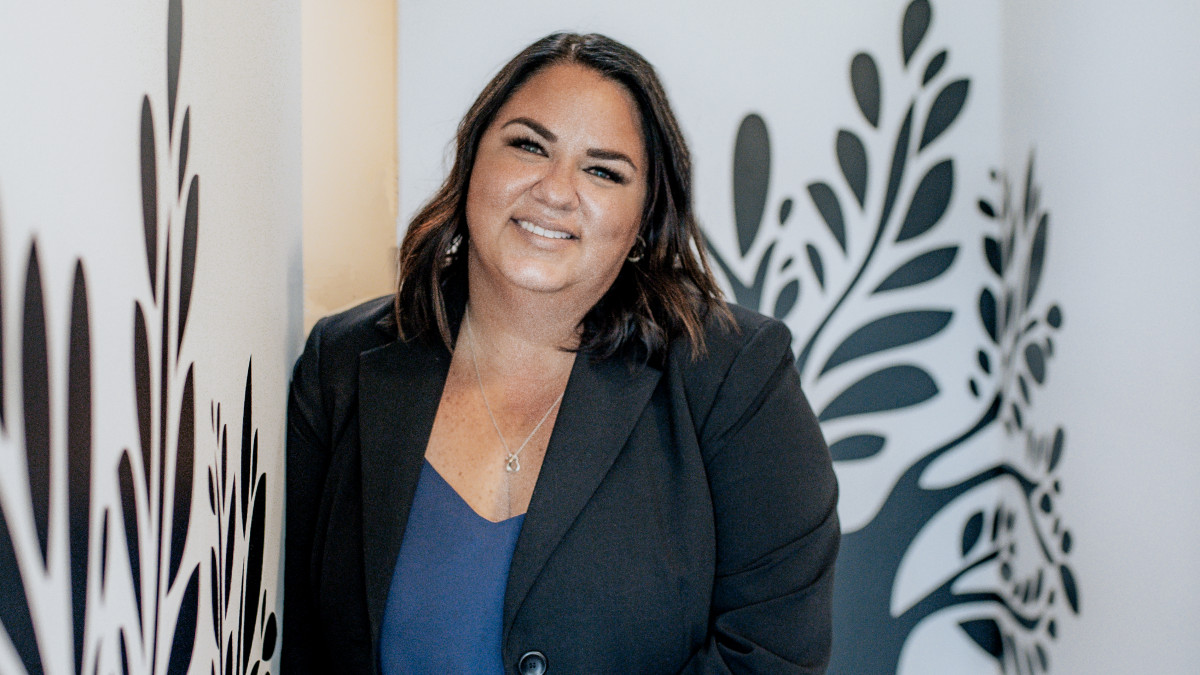 Ashley English ’01: Exhibiting empathy born of experience
Ashley English ’01: Exhibiting empathy born of experience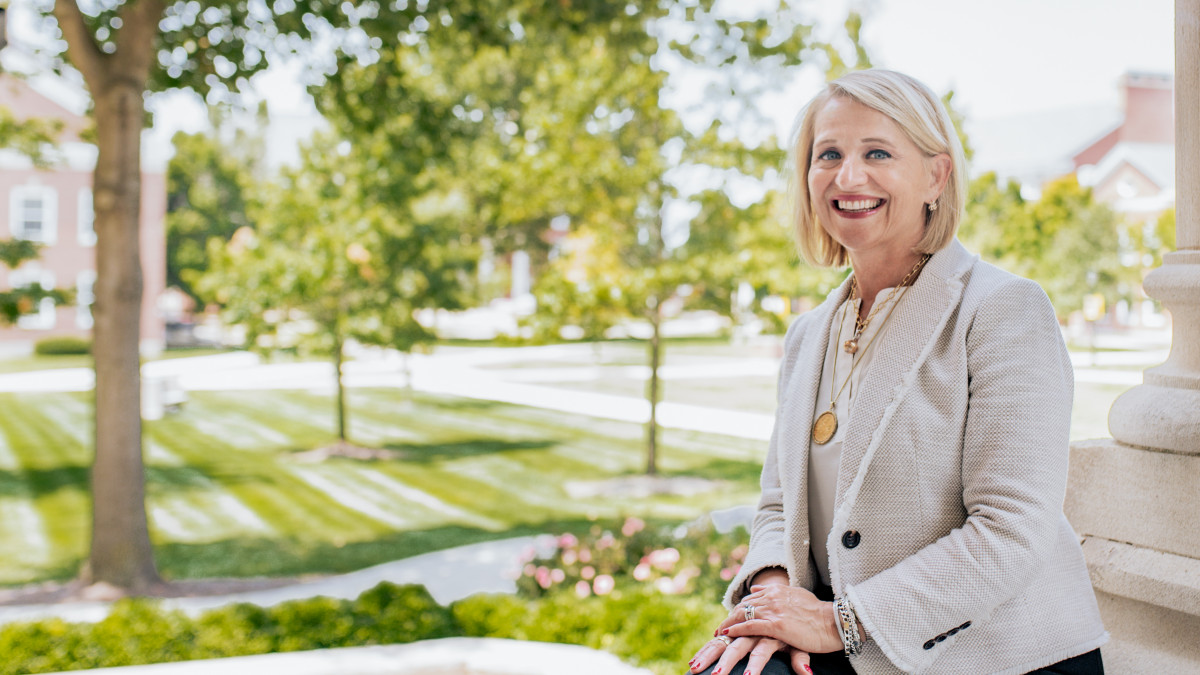 Jennifer Pope Baker ’89: Making noise about quiet problems
Jennifer Pope Baker ’89: Making noise about quiet problems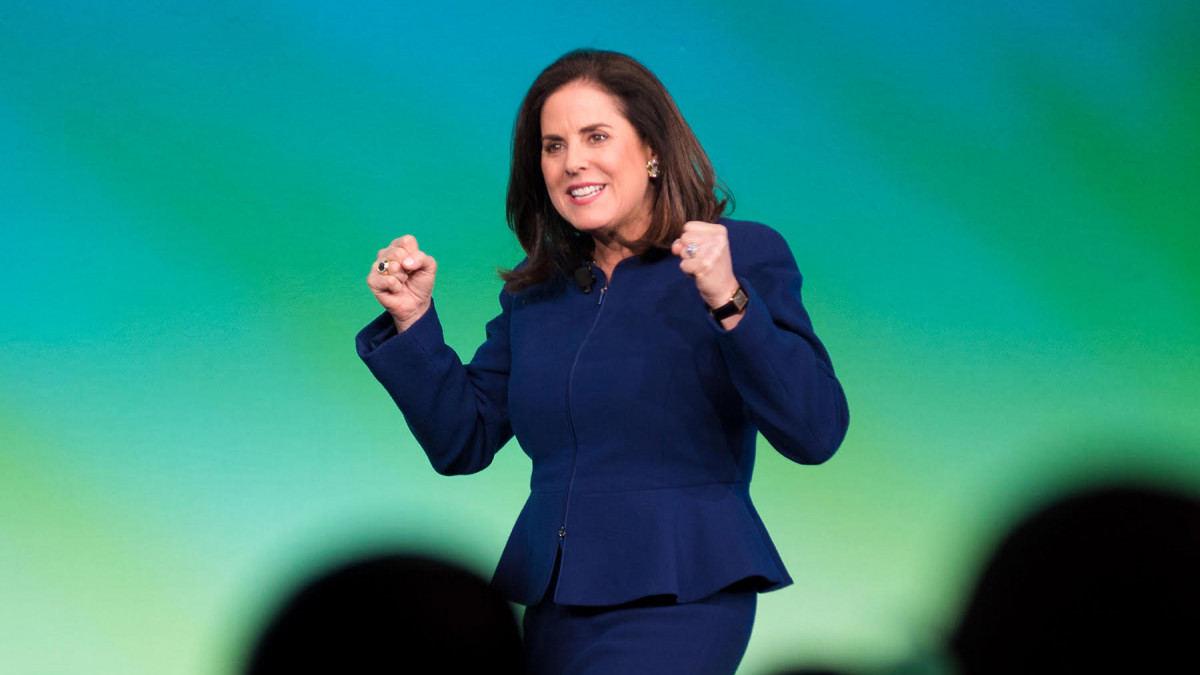 Jan Risi ’81: Transforming a mom-and-pop into a competitor
Jan Risi ’81: Transforming a mom-and-pop into a competitor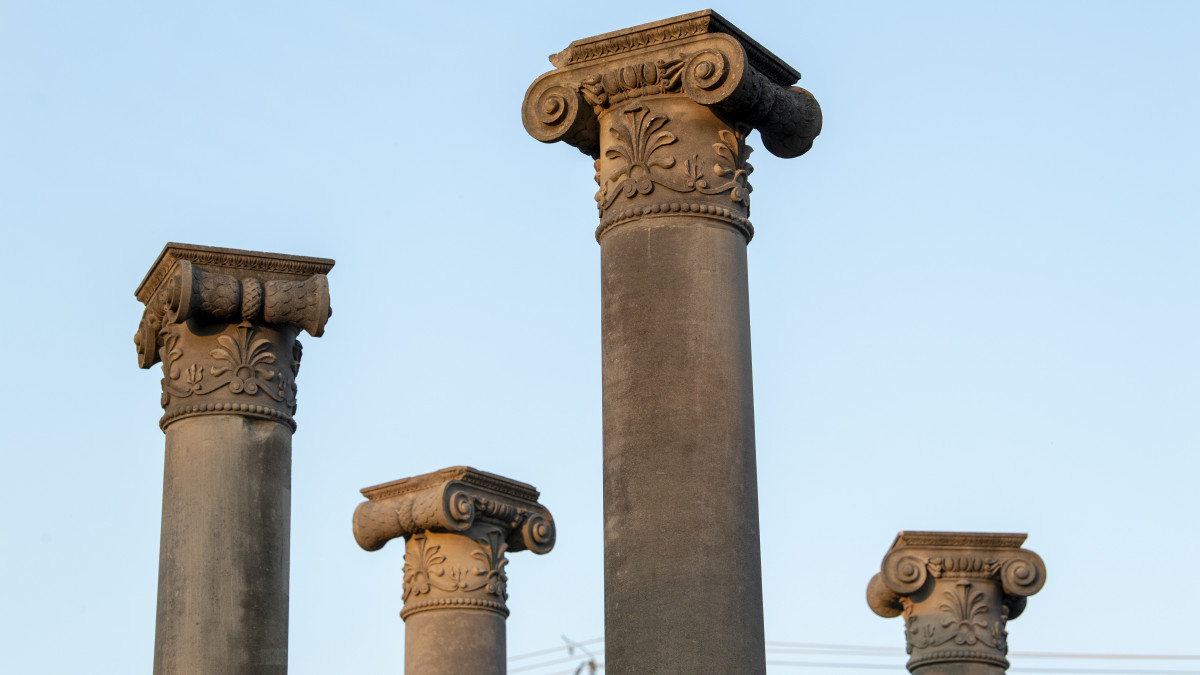 Randy Dwenger ’80: Finding hope for troubled youths
Randy Dwenger ’80: Finding hope for troubled youths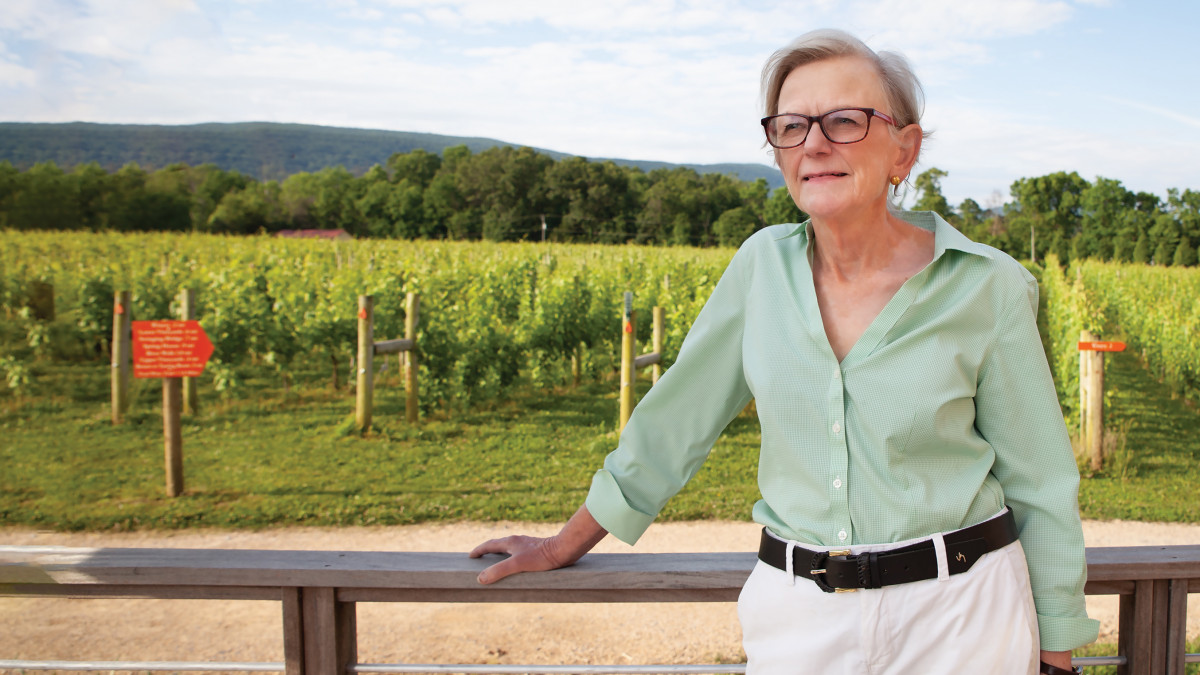 Sally Smerz Grooms Cowal ’66: Healing countries and people around the globe
Sally Smerz Grooms Cowal ’66: Healing countries and people around the globe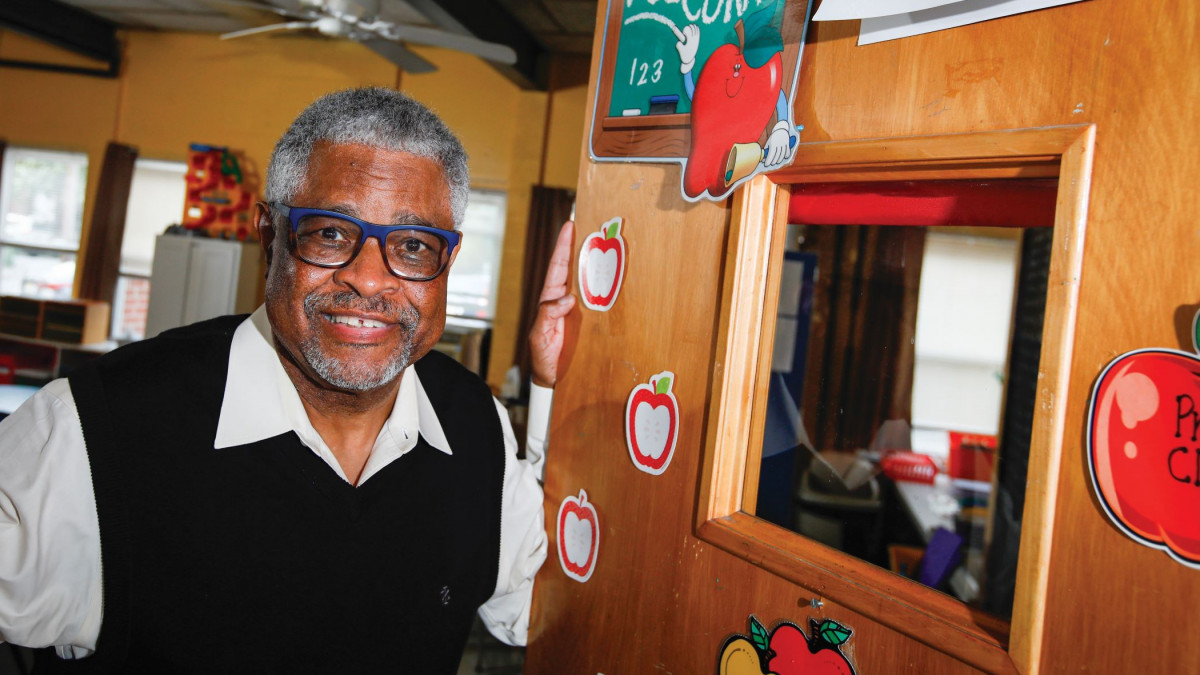 Edward Greene '71: Exploring how children learn
Edward Greene '71: Exploring how children learn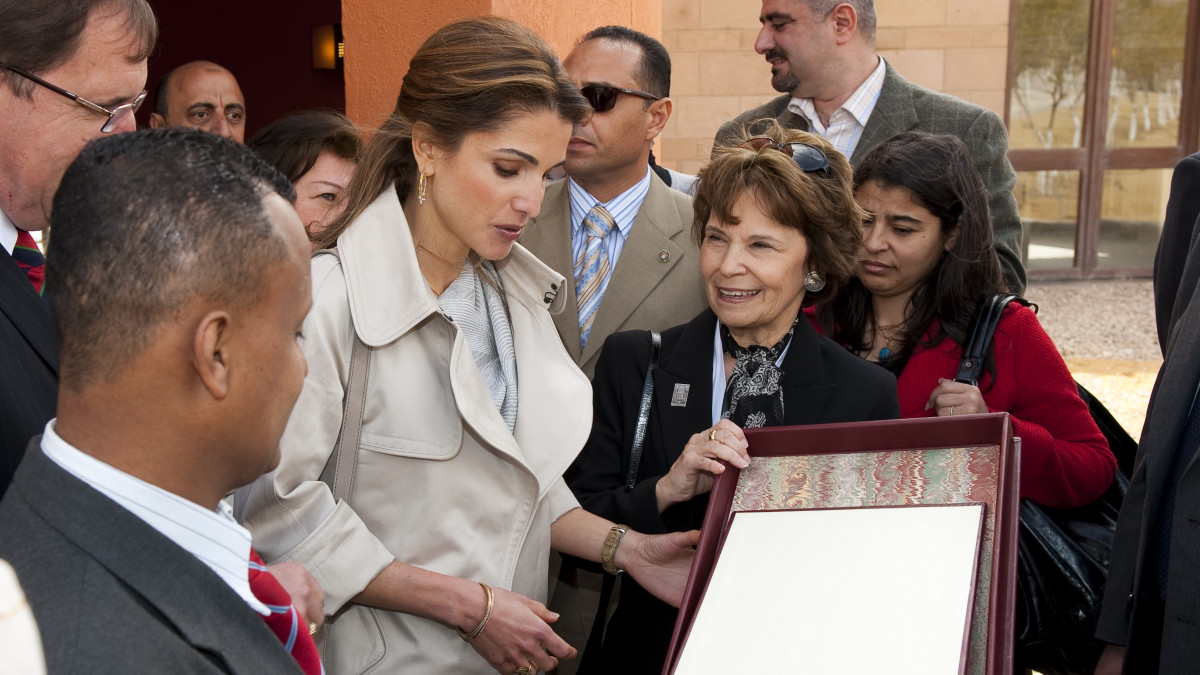 Barbara Lethem Ibrahim '71: Seeking justice in the Mideast
Barbara Lethem Ibrahim '71: Seeking justice in the Mideast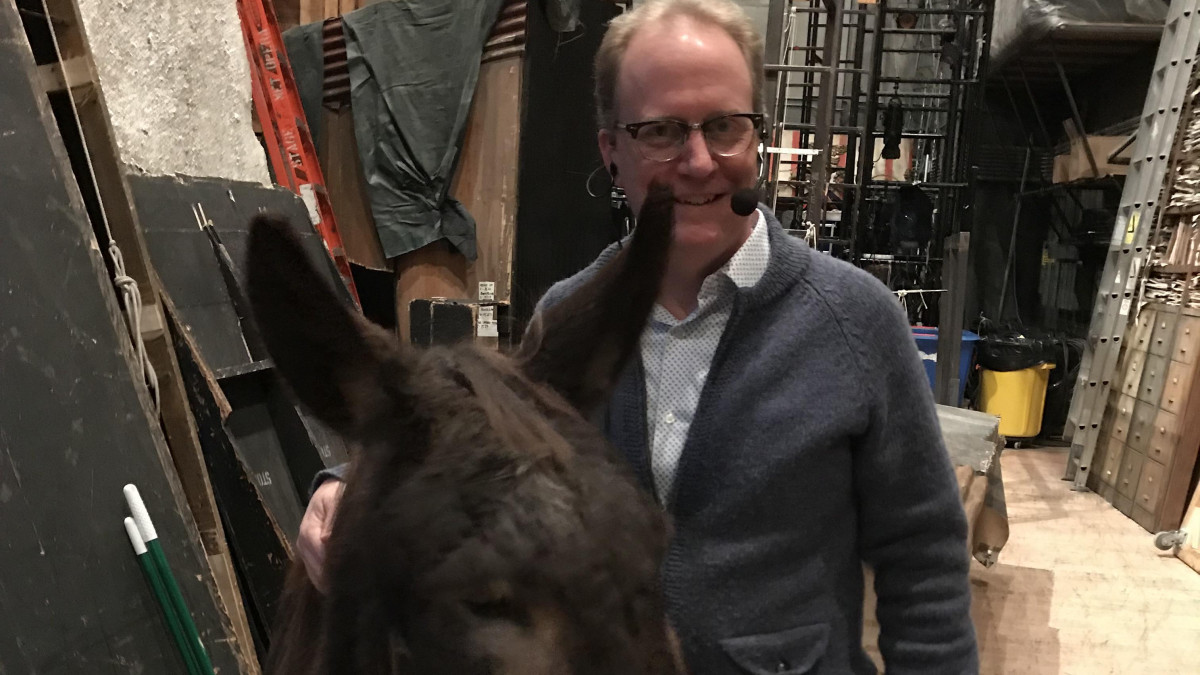 Scott Moon ’83: Staging the stars
Scott Moon ’83: Staging the stars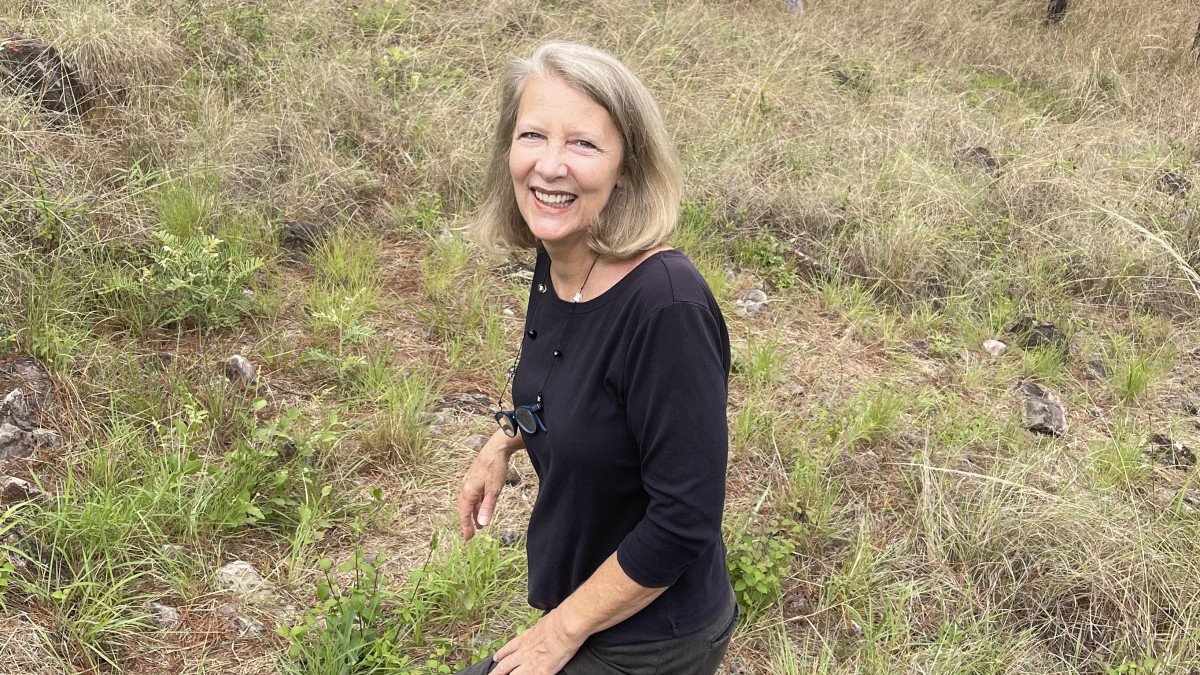 Betsy Hake ’79: Reaching out to outcasts
Betsy Hake ’79: Reaching out to outcasts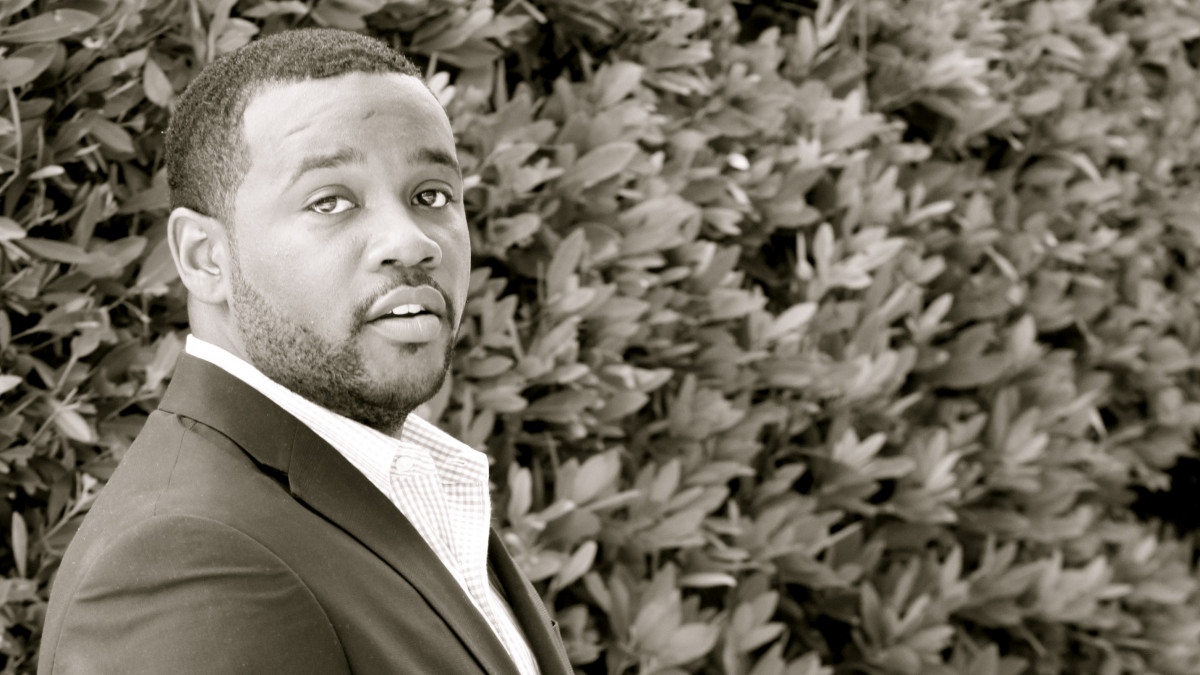 Edward Garnes '99: Serving sweet tea for the troubled mind
Edward Garnes '99: Serving sweet tea for the troubled mind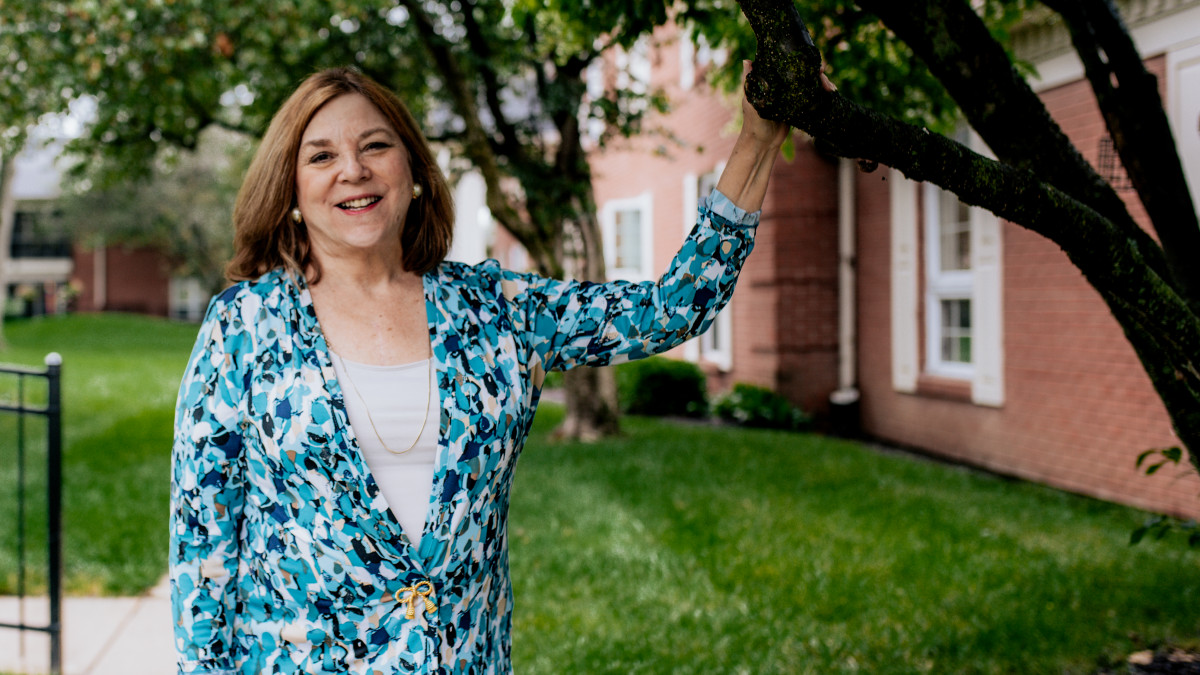 Melissa Martin ’71: Breathing life into small towns
Melissa Martin ’71: Breathing life into small towns The Solution Seekers: Using grit to save one starfish at a time
The Solution Seekers: Using grit to save one starfish at a time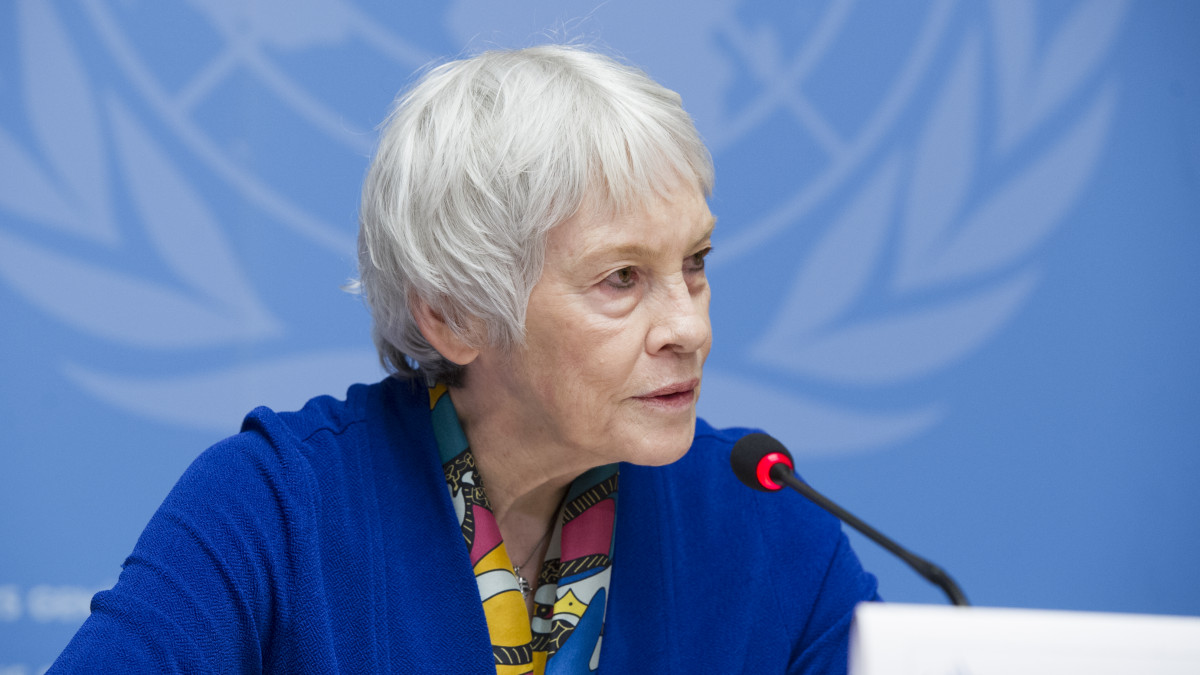 Karen Koning AbuZayd ’63: Rescuing refugees
Karen Koning AbuZayd ’63: Rescuing refugees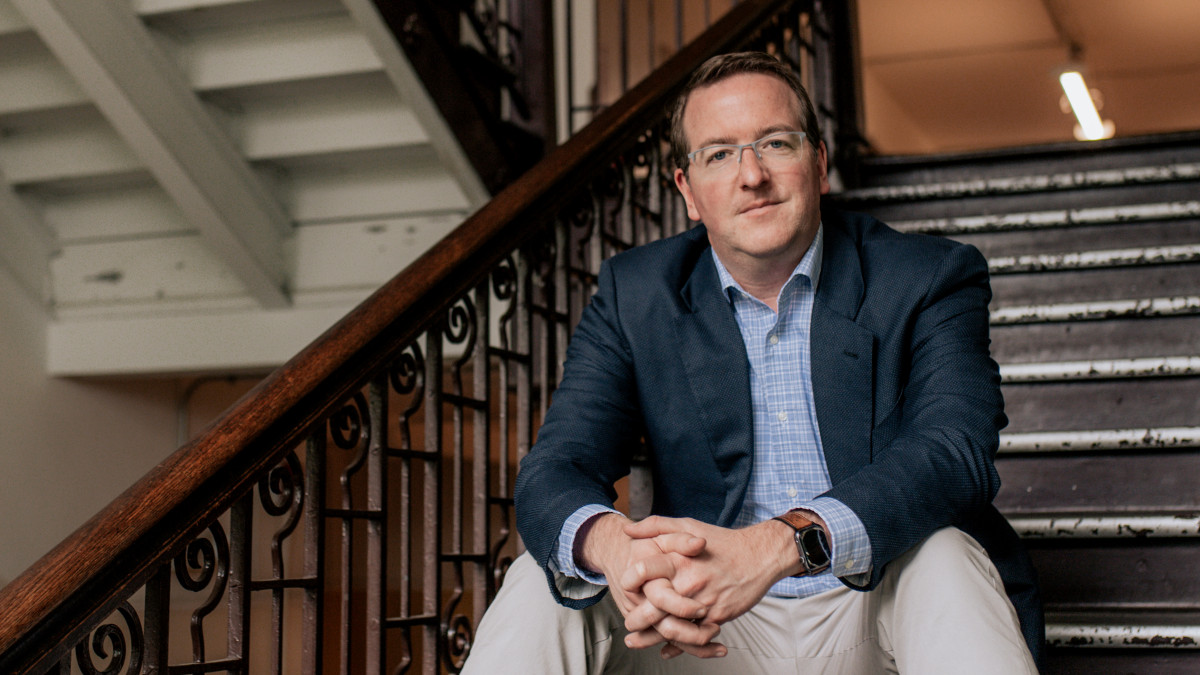 Nathan Hand ’03: Lending help to worthy causes
Nathan Hand ’03: Lending help to worthy causes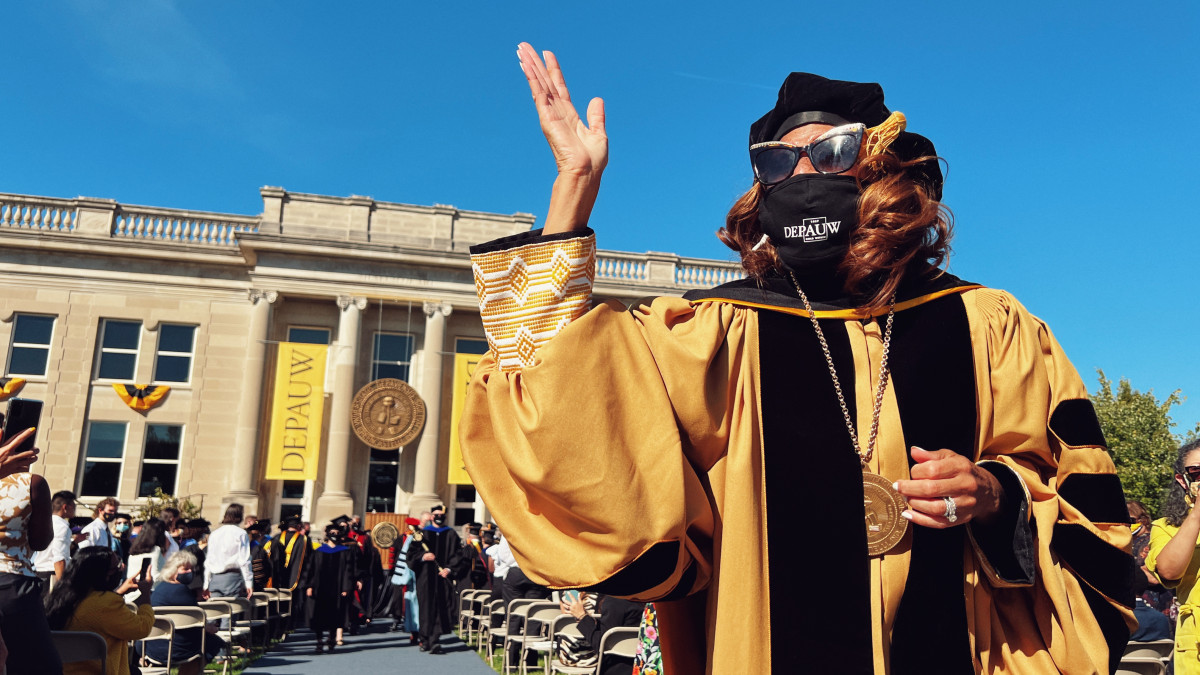 DePauw’s gold shines as White is inaugurated as president
DePauw’s gold shines as White is inaugurated as president DePauw Magazine: The Solution Seekers
DePauw Magazine: The Solution Seekers
DePauw Stories
A GATHERING PLACE FOR STORYTELLING ABOUT DEPAUW UNIVERSITY
Browse other stories
-
Athletics
-
Women's Golf - Williams Selected Academic All-America®
-
Football - DePauw-Record 190 Student-Athletes Named to NCAC's Dr. Gordon Collins Scholar-Athlete Honor Roll
-
Football - 336 Students Named to 2025 Spring Tiger Pride Honor Roll
More Athletics
-
-
News
-
Outstanding scholars named to Spring 2025 Dean's List
-
Alumni News Roundup - June 6, 2025
-
Transition and Transformation: Inside the First-Year Experience
More News
-
-
People & Profiles
-
11 alums make list of influential Hoosiers
-
DePauw welcomes Dr. Manal Shalaby as Fulbright Scholar-in-Residence
-
DePauw Names New Vice President for Communications and Strategy and Chief of Staff
More People & Profiles
-
-
Have a story idea?
Whether we are writing about the intellectual challenge of our classrooms, a campus life that builds leadership, incredible faculty achievements or the seemingly endless stories of alumni success, we think DePauw has some fun stories to tell.
-
Communications & Marketing
101 E. Seminary St.
Greencastle, IN, 46135-0037
communicate@depauw.eduNews and Media
-
News media: For help with a story, contact:
Bob Weaver, Senior Director of Communications.
bobweaver@depauw.edu.